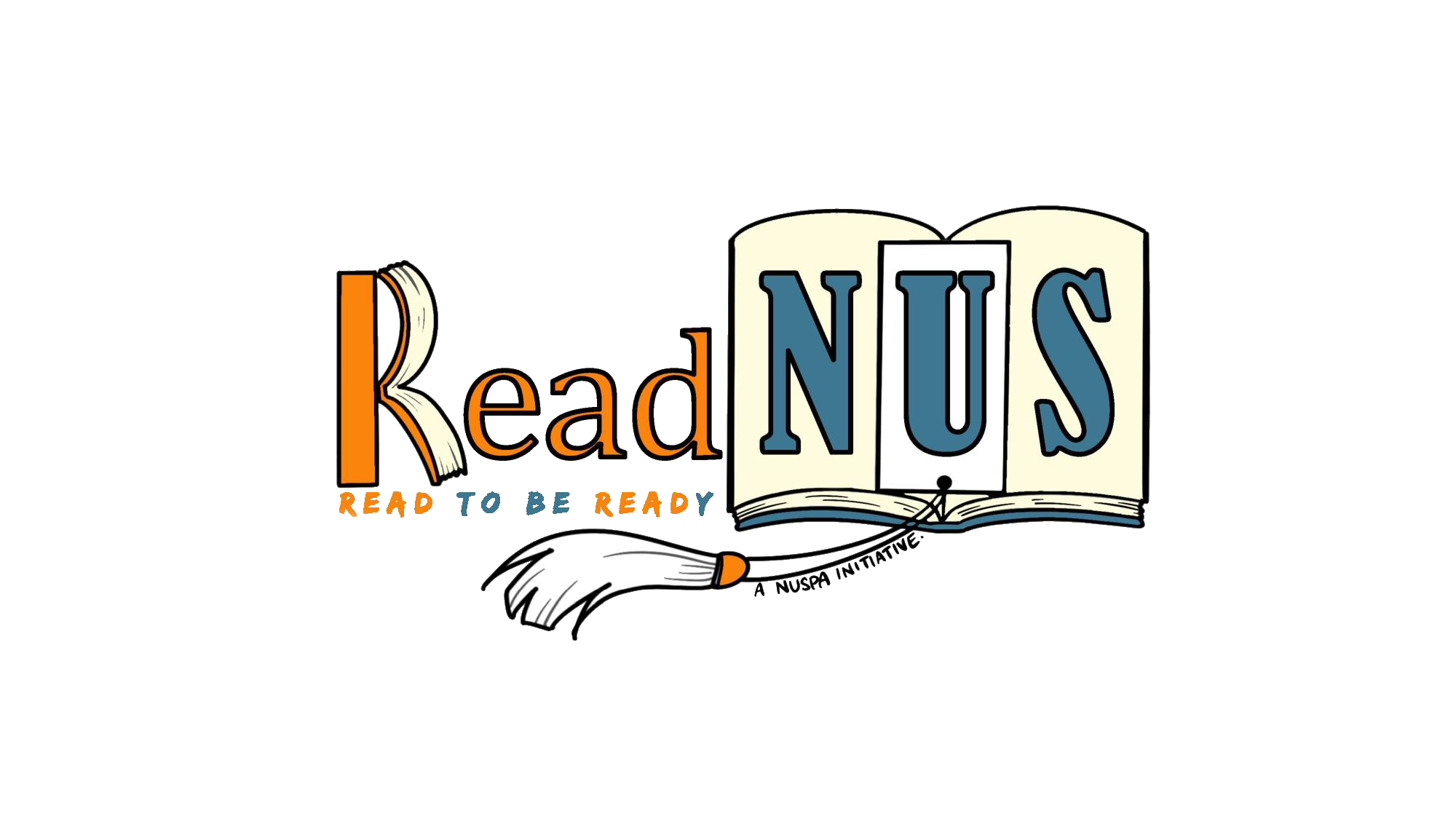For One More Day by Mitch Albom
A brief summary
This piece of fiction transports readers into an impossible scenario – being able to spend just one more day with a deceased loved one. Charles ‘Chick’ Benetto was facing major struggles in his sports career, financial situation, and familial relationships, and it was with sobriety when he attempted to take his own life. Following his attempt, he relives his childhood, memories of his relationship with his ex-wife, and daughter, and one more day with his deceased mother.
Main themes
As the protagonist of the novel recounts his memories with his mother, I’m prompted to think about grief, regret and forgiveness.
Charles expresses the frustrations he felt toward his mother in his childhood — her acts of writing him notes despite him not having learnt to read yet, her nagging and punishments for his misbehaviour. He also reminisces on the good memories — her love, her care, her display of support when she showed up to his baseball games.
There is a central theme to his memories of her — in hindsight, he took his mother’s easy love ‘for granted’, and instead chased the elusive affection from his father. Distant, inconsistent, and secretive, Charles’ father’s love was mysterious, fleeting and a more fun chase as compared to his mother’s. When told by his father he could only be a ‘mama’s boy’ or ‘daddy’s boy’, he chose his father. Perhaps a common theme in childhood is to yearn for love that is further and less attainable, Charles suggests.
Following her death, Charles started lists titled ‘Times My Mother Stood Up for Me’ and ‘Times I Did Not Stand Up for My Mother’. This disparity between their behaviour bothers him, and the guilt is clear. Perhaps, as readers, we are now prompted to think of our own childhoods, and whether we have done well at reciprocating the kind of unconditional, silent love that came easy to us from parents, caregivers or others. Did we take some love for granted, and chase love from those who gave them out less freely?
Seeing that his mother has passed, the list is now a symbol of guilt, the regret that the protagonist feels knowing he did not return his mother’s love in the same magnitude or quality.
He grieves her death, certainly, but he also grieves all the love he did not return within her lifetime on earth. He thinks about all the times he felt supported because of her unconditional motherly love, and all the times she must have felt unsupported, alone and misunderstood. She loved him without expectation of reciprocation and he, like many if not most, children brushed it aside. As an adult, he is overcome with guilt and regret, up until the point in which they spend a day together again.
Upon meeting his mother, there is no bitterness, resentment or any visible ounce of regret for loving him the way she did. She cooks him breakfast, loves him the same — unconditionally and as natural as it can be. She reveals a secret of hers that makes Charles realise the extent of her love. All the love he did not reciprocate nor earn, yet received anyway, makes him realise that his mother never saw the love she gave him as wasted.
Take-aways
As the reader, perhaps with loved ones still around, we know that it is unlikely that we will ever get the chance Charles got to speak to a late loved one and express the guilt, gratitude, and mountains of emotions that went unsaid before their death. However, we are in the position to take away the importance of self-awareness from Albom’s work of fiction.
What are the instances in which your mother (or someone else who loves you) stood up for you and, loved you? And what are the instances in which you failed to stand up for them?
Rather than wallow in guilt or regret, we could take action to right the injustices. Reciprocate the love you receive, stand up for the ones who do that for you unconditionally. As Albom advocates, forgiveness is essential, right next to self-awareness. These steps are the stepping stones to doing right by the people that love us.
Instead of having to wish for one more day in the future when it is too late to speak to those who loved you in their lifetime, do right by them today.
By: Nicole
